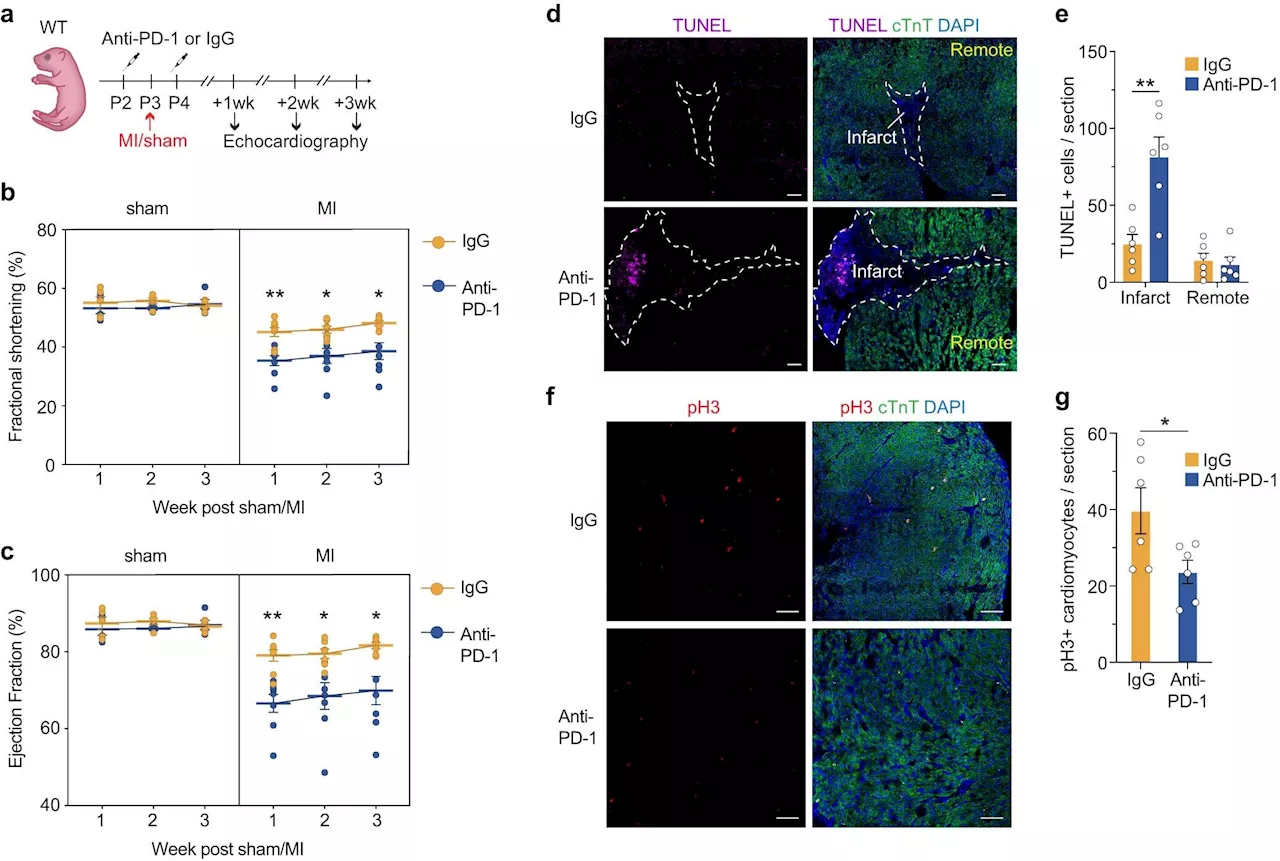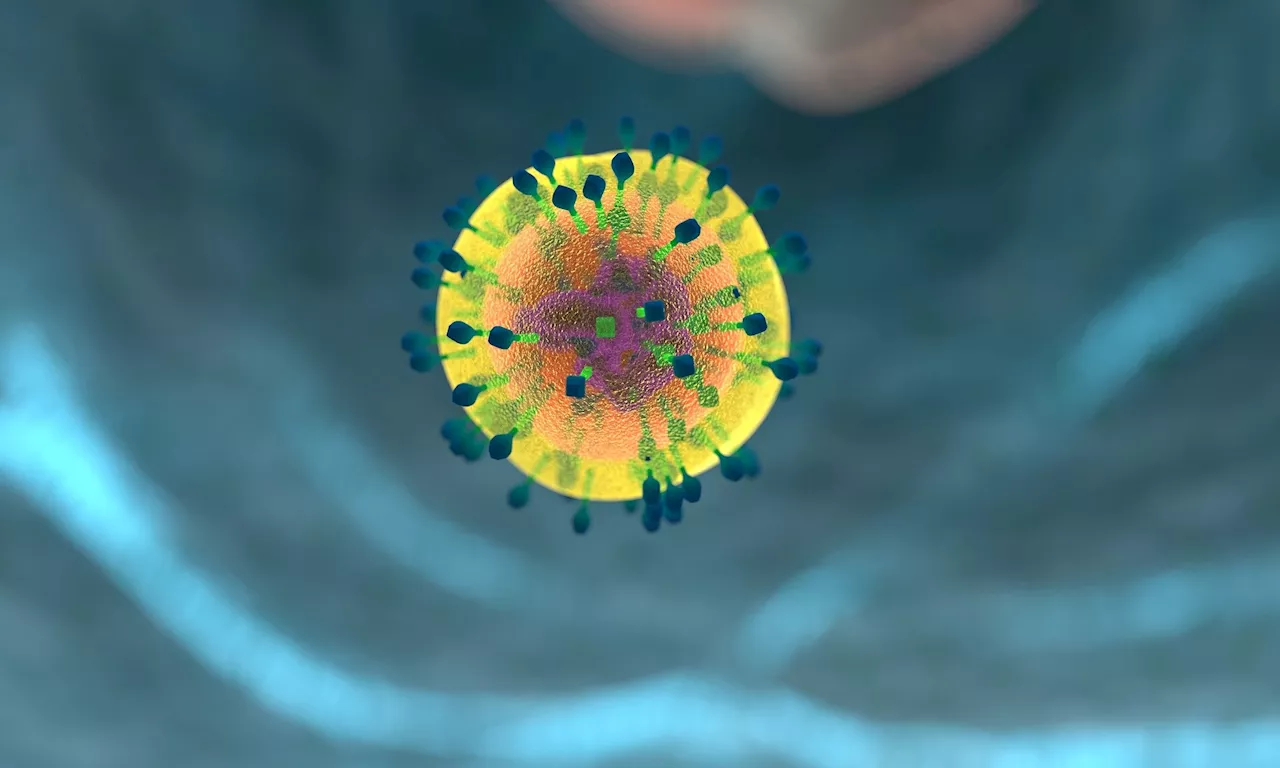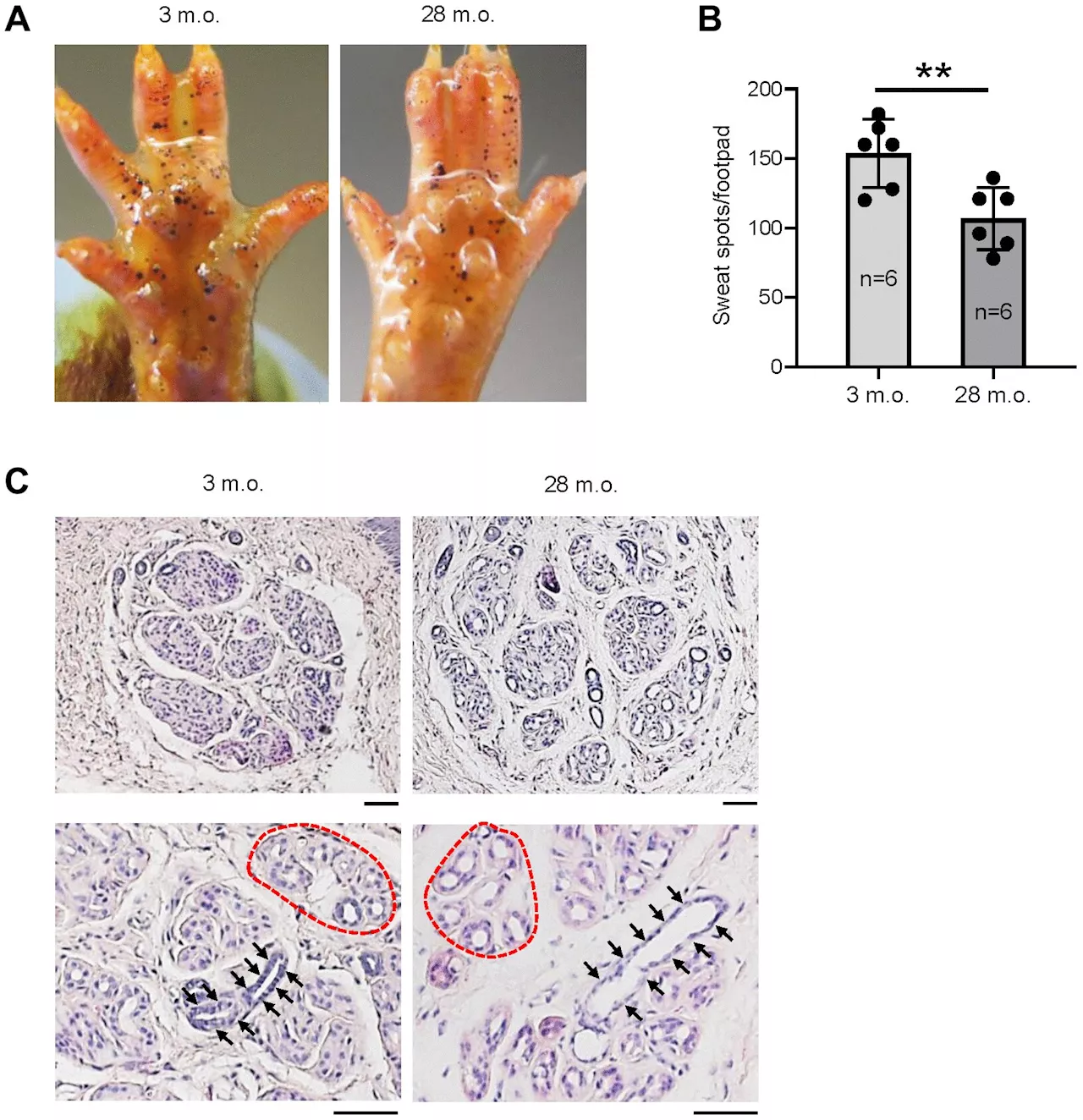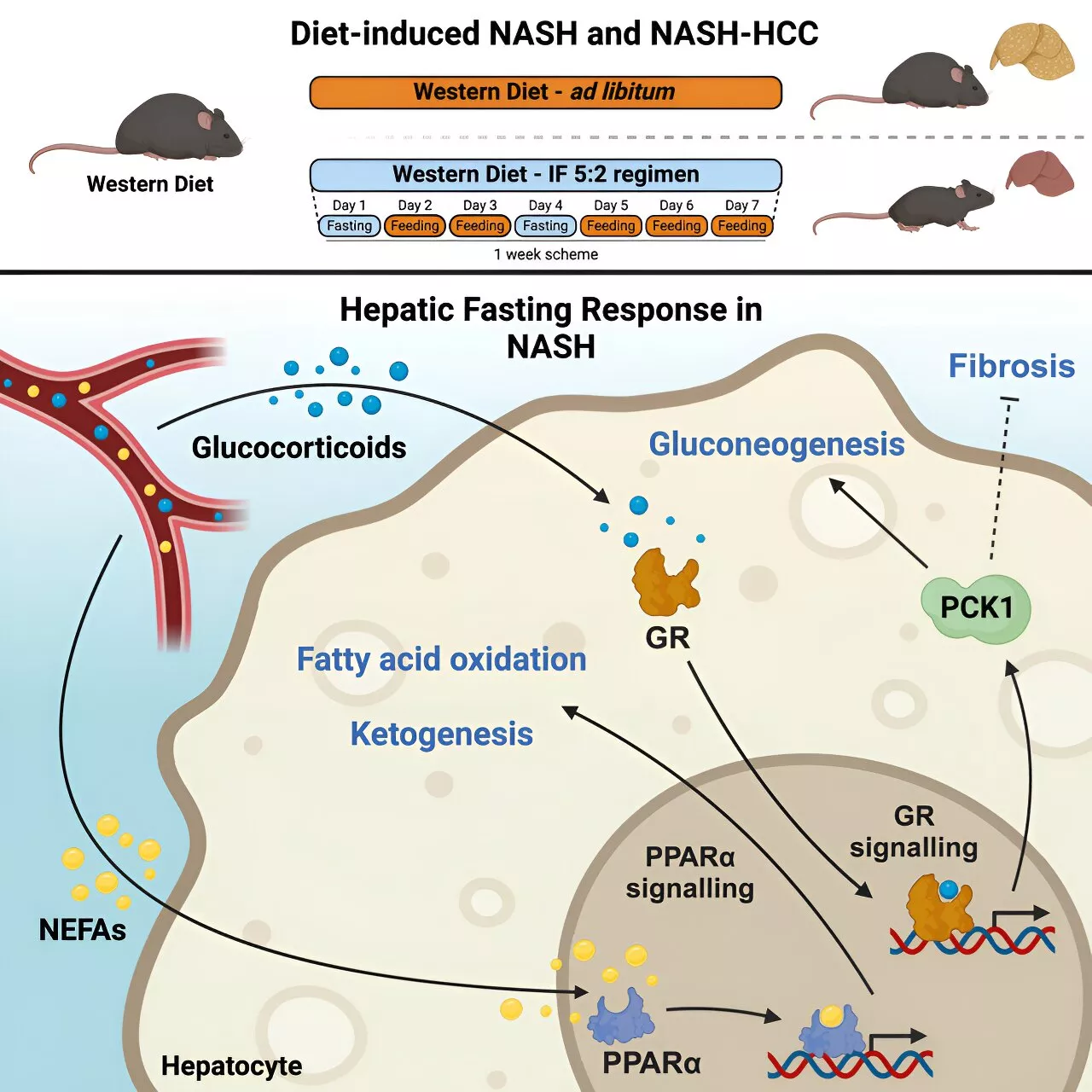Researchers investigated the impact of aldosterone infection in db/db mice on HFpEF, focusing on sex differences and alterations in intracellular calcium handling and cardiomyocyte electrophysiology.
By Pooja Toshniwal PahariaJun 4 2024Reviewed by Danielle Ellis, B.Sc. Sex differences in cardiovascular illnesses are becoming more well-acknowledged, although women are under-represented in clinical studies. Pre-menopausal women have a decreased risk of coronary artery diseases with lower vulnerability to ischemic heart damage and heart failure due to a lower ejection fraction, which reduces postmenopausal complications.
The team block-randomized the animals using a block size of four with 24 controls , 24 aldosterone-infused db/db mice, and eight aldosterone-infused wild-type mice, and eight saline-infused mice for one-hit controls. They euthanized the animals to isolate their cardiomyocytes. Results Female HFpEF murine animals showed lower BNP expression than males, with equivalent comorbidities and heart hypertrophy. Male HFpEF murine animals showed greater cardiac alternans susceptibility. Male HFpEF cardiomyocyte cells had greater diastolic calcium ions, slower calcium transient decaying, a lower L-type calcium current, more dramatic amplification of late sodium currents, and higher short-term APD variability.
Heart Failure Aldosterone Arrhythmia Blood Calcium Diabetes Diastolic Dysfunction Electrophysiology Frequency Glucose Intracellular Kinase Potassium Protein Research Translation
United Kingdom Latest News, United Kingdom Headlines
Similar News:You can also read news stories similar to this one that we have collected from other news sources.
 Researchers identify causative gene in mouse model of inherited lethal arrhythmiaA research group led by University of Tsukuba has discovered a mouse pedigree that presents spontaneous sudden cardiac death attributed to inherited ventricular arrhythmia. This was identified through electrocardiographic screening of a large-scale, randomly mutagenized mouse library.
Researchers identify causative gene in mouse model of inherited lethal arrhythmiaA research group led by University of Tsukuba has discovered a mouse pedigree that presents spontaneous sudden cardiac death attributed to inherited ventricular arrhythmia. This was identified through electrocardiographic screening of a large-scale, randomly mutagenized mouse library.
Read more »
 Researchers identify immunosuppressive pathway that helps newborn hearts regenerate in mouse modelsWhen the heart is injured, as in a myocardial infarction, the damaged heart muscle cannot regenerate—instead, scar tissue forms. Cardiomyocytes, the heart muscle cells that generate contractile force, are lost for good. Yet, in mouse models, the hearts of newborns regenerate readily after injury.
Researchers identify immunosuppressive pathway that helps newborn hearts regenerate in mouse modelsWhen the heart is injured, as in a myocardial infarction, the damaged heart muscle cannot regenerate—instead, scar tissue forms. Cardiomyocytes, the heart muscle cells that generate contractile force, are lost for good. Yet, in mouse models, the hearts of newborns regenerate readily after injury.
Read more »
 Mouse study finds PFAS exposure in fathers disrupts offspring's gene expressionResearch reveals that preconception exposure to PFAS in male mice alters sperm methylation and affects gene expression in the liver and fat of their offspring.
Mouse study finds PFAS exposure in fathers disrupts offspring's gene expressionResearch reveals that preconception exposure to PFAS in male mice alters sperm methylation and affects gene expression in the liver and fat of their offspring.
Read more »
 Gut bacteria enhance cancer immunotherapy in mouse studyRoughly one in five cancer patients benefit from immunotherapy—a treatment that harnesses the immune system to fight cancer. Such an approach to beating cancer has seen significant success in lung cancer and melanoma, among others.
Gut bacteria enhance cancer immunotherapy in mouse studyRoughly one in five cancer patients benefit from immunotherapy—a treatment that harnesses the immune system to fight cancer. Such an approach to beating cancer has seen significant success in lung cancer and melanoma, among others.
Read more »
 Study finds age-associated gene expression changes in mouse sweat glandsA new research paper published in Aging is titled 'Characterization of age-associated gene expression changes in mouse sweat glands.'
Study finds age-associated gene expression changes in mouse sweat glandsA new research paper published in Aging is titled 'Characterization of age-associated gene expression changes in mouse sweat glands.'
Read more »
 Mouse study shows intermittent fasting protects against liver inflammation and liver cancerFatty liver disease often leads to chronic liver inflammation and can even result in liver cancer. Scientists from the German Cancer Research Center (DKFZ) and the University of Tübingen have now shown in mice that intermittent fasting on a 5:2 schedule can halt this development.
Mouse study shows intermittent fasting protects against liver inflammation and liver cancerFatty liver disease often leads to chronic liver inflammation and can even result in liver cancer. Scientists from the German Cancer Research Center (DKFZ) and the University of Tübingen have now shown in mice that intermittent fasting on a 5:2 schedule can halt this development.
Read more »
